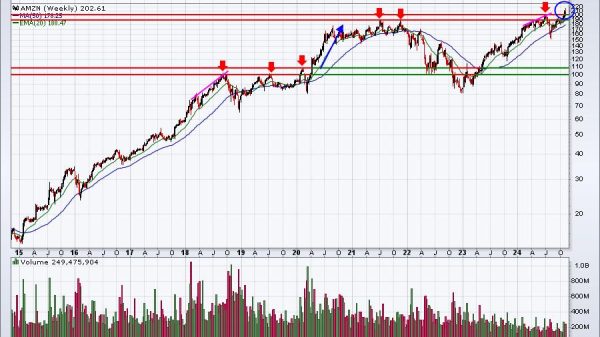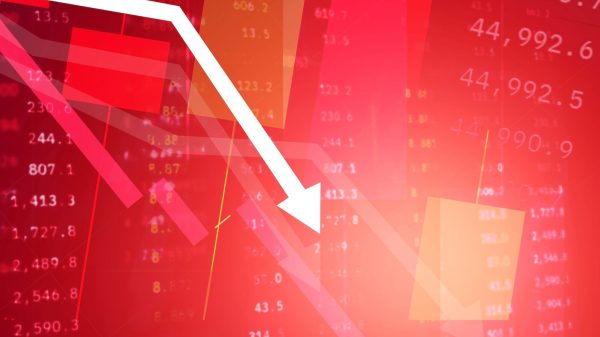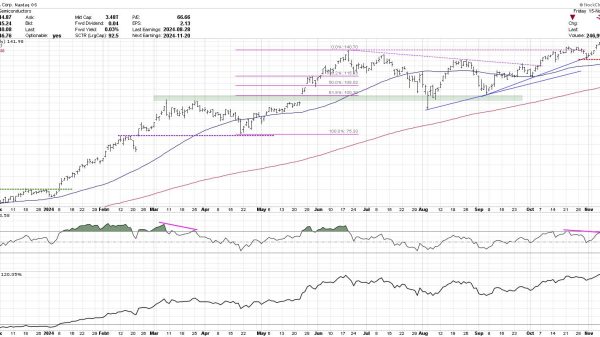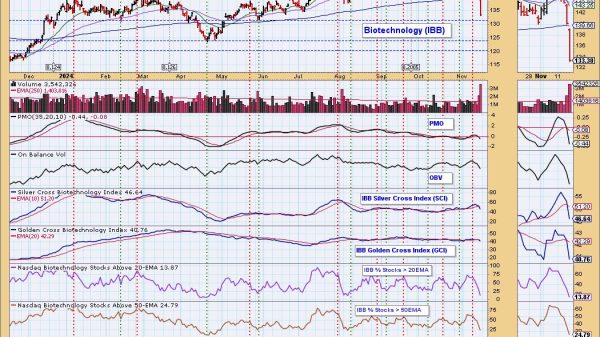A surprise production cut by Saudi Arabia and other Middle East producers has caught the energy industry flat-footed and will lift global prices with little room for a coordinated response by oil-consuming nations, industry executives said on Sunday.
The group had been largely expected to stick to its already agreed upon 2 million barrel per day (bpd) cuts when its joint ministerial panel, which includes Saudi Arabia and Russia, meets on Monday. The OPEC move and Russia’s extension through year-end of cuts was a coordinated effort that signaled the OPEC+ remains in charge of global markets.
COMMENTS
DAN PICKERING, CO-FOUNDER, PICKERING ENERGY PARTNERS:
“It’s a meaningful surprise. There was no chatter about this pre-meeting which there usually is. Probably an indication of concern around demand and what’s happening here in the US around the banking crisis. It will firm prices meaningfully. We’ll have less supply in the market, a market that was not expecting it. We’ll probably get a $10 move in crude.”
“The number of options that governments around the world have to moderate a price impact are becoming more limited. It’ll be the free market that does it. There will be potential demand reductions associated with price. If prices were to run to $100, $120 (per barrel) level again, then we could see the same demand destruction as when US gasoline went to $5/gallon. That’s the way the market is going to offset these production cuts, through price and demand. Unlikely to be through increasing strategic SPR releases.”
CLAY SEIGLE, DIRECTOR OF GLOBAL OIL, RAPIDAN ENERGY GROUP:
“OPEC+ is acting on a precautionary basis. They acted today to prevent a repeat of 2008, when OPEC cut too late to prevent oil prices from collapsing under the weight of the global financial crisis.”
“We could look back on this OPEC+ decision and say it was masterfully played by the group. They came in pre-emptively and acted in order to prevent a major surplus from developing in the market. That is if we do have a recessionary environment, if oil demand grows this year much lower than agencies and consensus are predicting.”
“It is all a question of where you draw the line between financial expectations and physical. When people said, ‘it’s not a physical supply and demand risk we’re facing here, it’s macroeconomic risk.’ That implies GDP is going to slow down and major economies are going to go into recession. That puts a very significant hit on global oil demand.”
“There is not a clear outcome for the market. It will come down to the fate of demand in the second half and the Russia supply curve during the rest of this year. There is a lot of bi-directional risk.”
ANDY LIPOW, PRESIDENT, LIPOW OIL ASSOCIATES:
“It’s very significant that the majority of the production cuts are coming from the core OPEC members. It does indicate how concerned they are with these lower oil prices and is in spite of their previous pronouncement to maintain the status quo for some time.
“OPEC is clearly concerned about lower oil prices impacting on their individual government budgets. They needed to take some action. The 1 million barrel per day cut is likely to be from production quotas and result in an actual production cut of somewhat less.
“The moral of the story is that OPEC+ is monitoring the oil market on a daily basis and is more than willing to take preemptive action to support prices.”
GIACOMO ROMEO, ENERGY ANALYST, JEFFERIES:
“The new cut, if fully implemented by the group, should allow material inventory draws already in 2Q (previously expected from early 3Q). The only potential downside to this decision is that bears in the market could perceive the cut as a validation of the recent demand concerns.
“Additionally, compliance with the new targets could become an issue: the UAE has been producing ~200kb/d (200,000 barrels per day) above its target for a few months and Russian production in March did not see the full 500kb/d cut that was announced in February.
GEORGE BAKER, ENERGY CONSULTANT, GEORGE BAKER & ASSOC:
“Oil supply correlates with food production, electric generation and public health – all of which will be negatively affected by a reduction in global supply and the associated rise in prices.
“The cut will give Republicans a new talking point about the Biden administration that will play in the 2024 elections. — Reuters






















